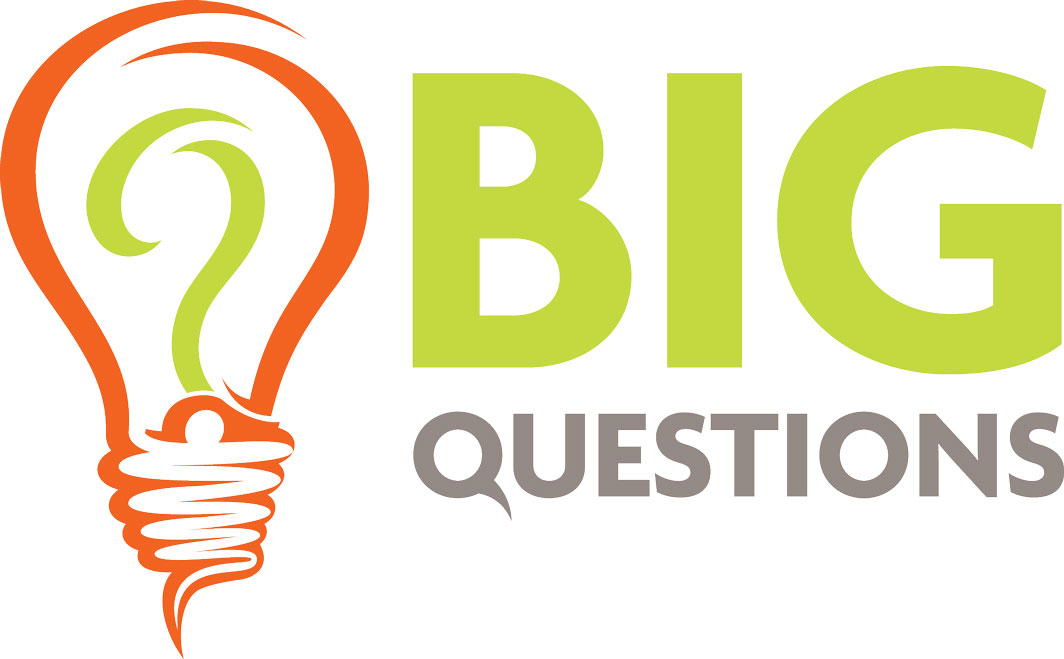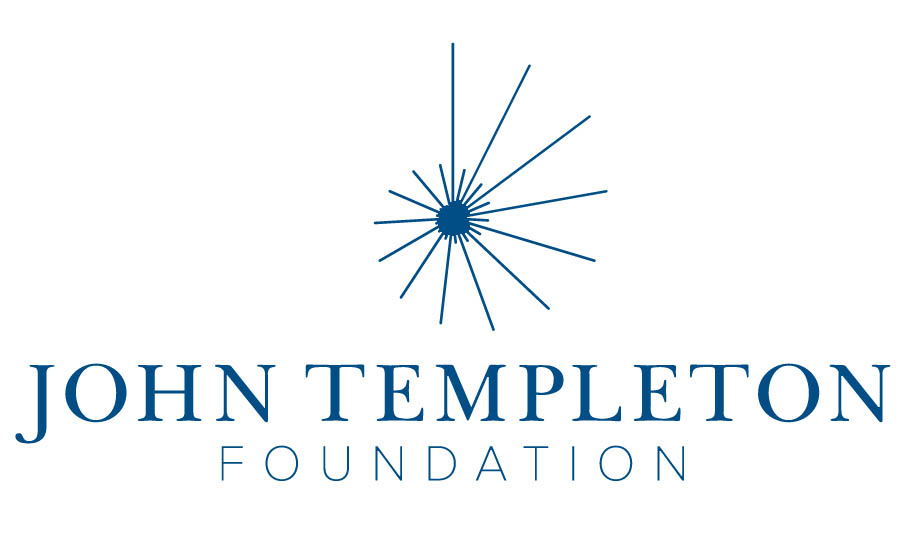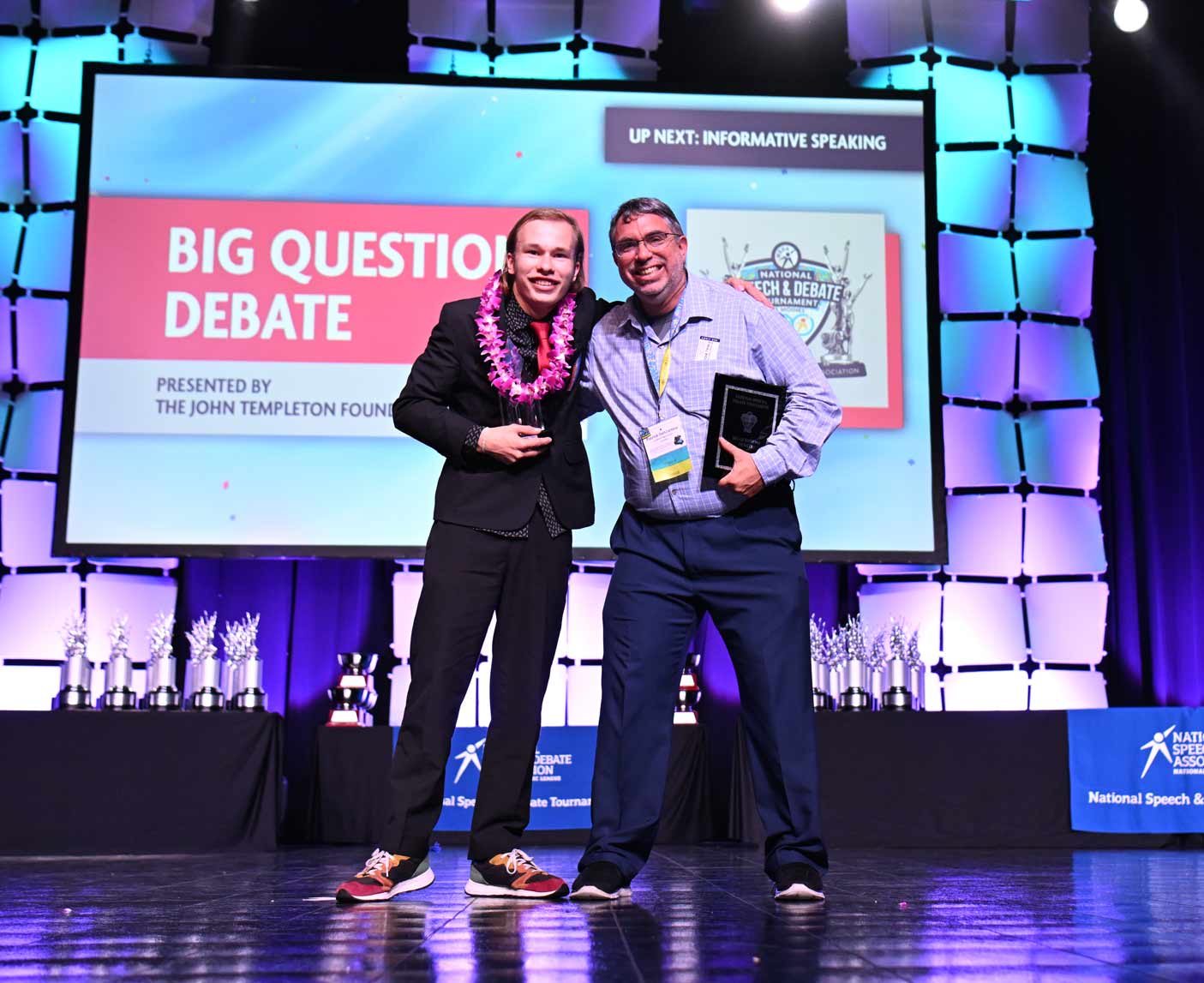Big Questions Debate


What is Big Questions?
Big Questions is a form of debate designed to open students’ minds and encourage them to engage in life discussion that may not align with their previously held beliefs. Whether or not students change their opinion, the rich experience of this debate event will advance their knowledge, comfort, and interest in learning more about the subject matter based on the intersection of science and philosophy. Thousands of students have debated Big Questions since 2016!
The open-ended nature of the topics creates room for creativity and adaptability, making every debate engaging and thought-provoking. For someone like me, who loves connecting ideas and analyzing their real-world implications, Big Questions Debate is both a challenge and an opportunity to grow as a thinker and a communicator. – Student Competitor
Big Questions Debate 2025-2026 Topic
The Big Questions topic for the 2025-2026 season is, Resolved: Moral systems rooted in theism are preferable to non-theistic moral systems.

Get to Know the Big Questions Format
Big Questions Final Rounds Archive
2025 Nationals Final Round
Resolved: Creativity is a more powerful force than intelligence.
2024 Nationals Final Round
Resolved: Belief in the supernatural is incompatible with belief in science.
2023 Nationals Final Round
Resolved: Humans are primarily driven by self-interest.
2022 Nationals Final Round
Resolved: On balance, societies benefit from religious belief and practice.
2021 Nationals Final Round
Resolved: Mathematics was discovered, not invented.
2020 Nationals Final Round
Resolved: Objective morality exists.
2019 Nationals Final Round
Resolved: Humans are primarily driven by self-interest.
2018 Nationals Final Round
Resolved: Humans are fundamentally different from other animals.
2017 Nationals Final Round
Resolved: Science leaves no room for free will.
As a coach and educator, I like Big Questions because it allows students to discuss big philosophical ideas in a format that all levels of students can attempt. In a time where teachers are constantly told to increase the rigor and broaden the curriculum, this style of debate offers debaters and teachers an opportunity to do both.
